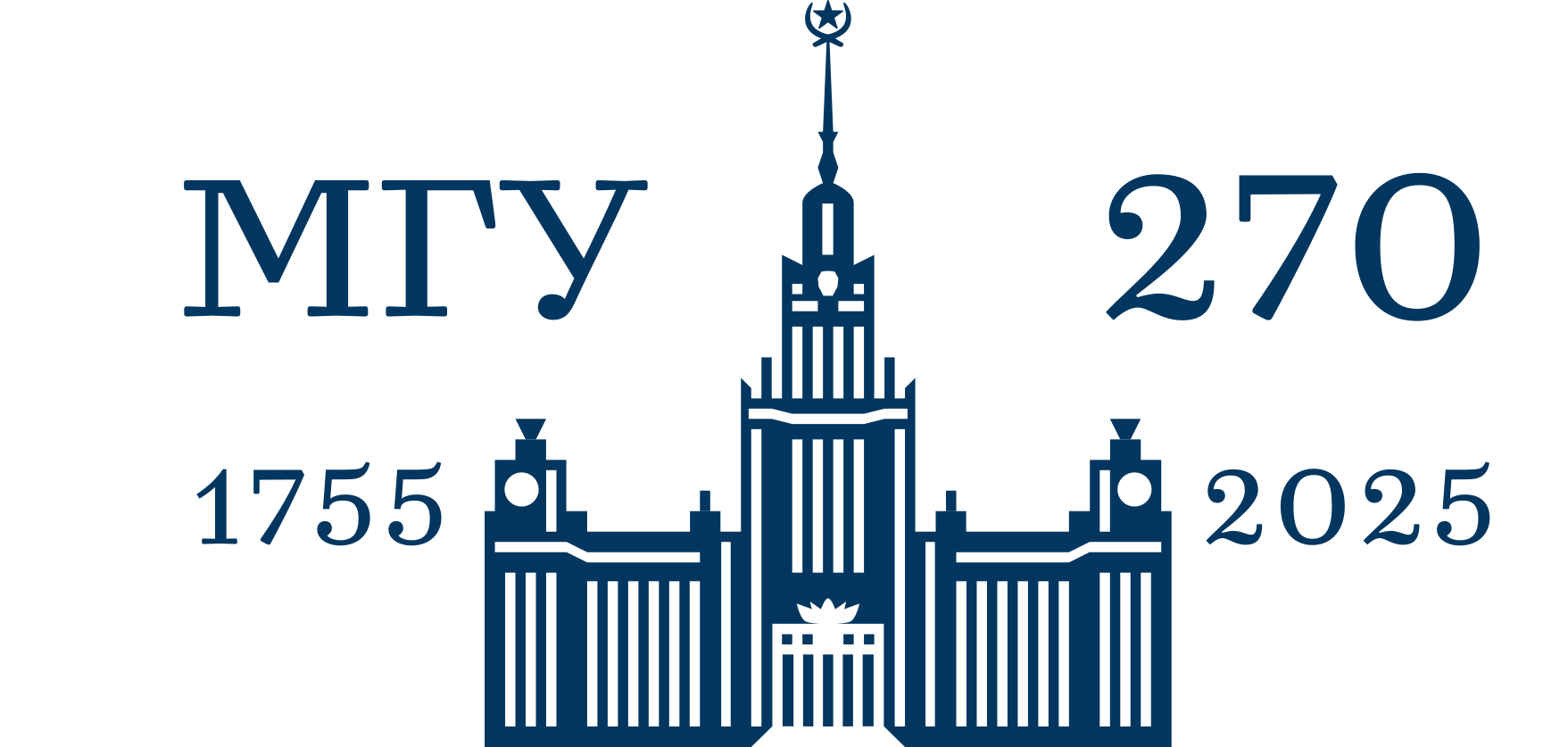The Center for Security and Development Studies (CSDS) of the School of World Politics at the Lomonosov Moscow State University and the Center for Arab and Islamic Studies of the Institute of Oriental Studies of the Russian Academy of Sciences held a round table discussion titled “First 100 days of the Donald Trump’s presidency: aspects of perception” within the Section “World Politics” of the traditional annual Science Conference “Lomonosovskiye Chteniya 2017”.
Donald Trump’s victory on presidential elections in the USA in 2016 came as a sort of “strategic shock” and a signal for reviewing many conceptions of principles of functioning of the American political system, which seemed immutable. Bright and extremely contradictory election programme of Donald Trump was riddled with many radical proposals regarding change of the US domestic and foreign policy and its submission to the maxim “America first” turned out to be rather comprehensible and close to the “silent majority”, which swung the election.
Ambitious tax reform, revision of Obamacare, denunciation of decisions of Barack Obama’s administration in energy and environmental spheres, tightening of the migration policy, radical revision of the trade policy (including exit from Trans-Pacific Partnership and revision of NAFTA), reconsideration of the allied obligations in NATO, hardening of the policy towards China and on the contrary rapprochement with Russia, building the wall on the border with Mexico – it’s only a brief list of ideas, articulated by Donald Trump during his election campaign. Part of them was in the picture in his action plan for the symbolic “first 100 days”. In some countries ideas of Donald Trump gave birth to alarm trenched upon panic, in others – to excitement and hope for a new era, promising distinct economic and political benefits. Nevertheless all the politicians and the members of expert community were solid in admission of extreme unpredictability of the 45th President of the U.S. Incomprehension of his future team composition and how Donald Trump would ease tensions in society and structure relations with Congress without being a classic establishment representative and without a clear vote of confidence in the Republican party strengthened sense of uncertainty.
At this date first 100 days of the Donald Trump’s presidency are almost over. Appointments on all key positions were made. One part of promises, including the most radical ones, was fulfilled, another part was postponed, and third part was denunciated. First major failures (withdrawal of the project of Obamacare’s reform) and first cases of display of power (Syria, Afghanistan) have already taken place. Evaluation of these actions and their significance needs nuanced approach and search for answers on the key questions, and that was accomplished on this event.
Moderators of the discussion were:
Vladimir Bartenev – PhD in History, Deputy Dean for Research at the School of World Politics at the MSU, Director of the Center for Security and Development Studies of the School of World Politics at the MSU;
Vasiliy Kuznetsov - PhD in History, Director of the Center for Arab and Islamic Studies of the Institute of Oriental Studies of the Russian Academy of Sciences, Associate Professor at the Chair of Regional Problems of World Politics at the School of World Politics at the MSU.
Key experts of the School of World Politics (Elena Matevosova - PhD in Law, Senior Lecturer at the Chair of International Security; Philipp Trunov – PhD in Political Science, Junior Research Associate; Aleksey Fenenko – PhD in History, Associate Professor at the Chair of International Security), the Institute for the USA and Canadian Studies RAS (Pavel Sharikov – PhD in Political Science, Director of the Applied Research Center, Associate Professor at the Chair of Regional Problems of World Politics at the School of World Politics at the MSU; Oleg Krivolapov – PhD-Candidate, Aleksey Stepanov - PhD-Candidate), the Institute of Oriental Studies RAS (Aleksandr Demchenko – PhD in History, Academic Secretary, Associate Professor at the Chair of Regional Problems of World Politics at the School of World Politics at the MSU; Konstantin Truevtsev - PhD in History, Senior Scientific Associate of the Center for Arab and Islamic Studies, Associate Professor at the Chair of Regional Problems of World Politics at the School of World Politics at the MSU; Tatyana Tutnova – PhD in Political Science, Research Fellow, Associate Professor at the Chair of Regional Problems of World Politics at the School of World Politics at the MSU; Tatyana Shaumyan – PhD in History, Director of the Center for Indian Studies, Associate Professor at the Chair of Regional Problems of World Politics at the School of World Politics at the MSU), the Institute of Europe RAS (Ludmila Babynina – PhD in Political Science, Head of the Department of European Integration Research, Leading Scientific Associate; Natalia B. Kondratieva – PhD in Economy, Head of the Center of Economic Integration, Academic Secretary, Associate Professor), the Institute of Far Eastern Studies RAS (Vasiliy Kashin - PhD in Political Science, Senior Scientific Associate, Associate Professor at the Chair of International Security at the School of World Politics at the MSU), the Institute of Latin America RAS (Anna Protsenko – PhD in Political Science, Senior Scientific Associate of the Center of Political Studies; Anna Shcherbakova – PhD in Political Science, Senior Scientific Associate of the Center of Political Studies, Associate Professor at the Chair of Regional Problems of World Politics at the School of World Politics at the MSU) participated in the discussion.
http://fmp.msu.ru/o-fakultete/novosti/item/515-den-rozhdeniya-fmp#sigProIdaea3af975c



